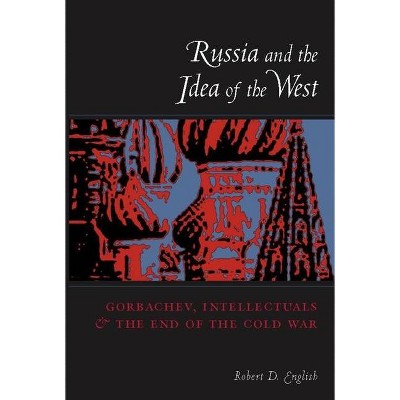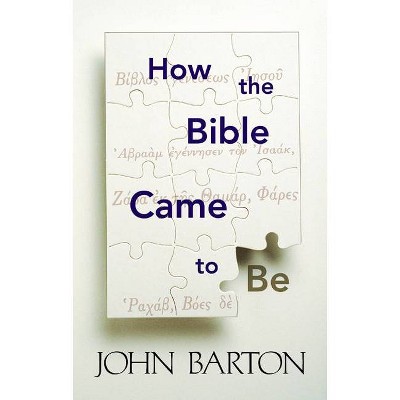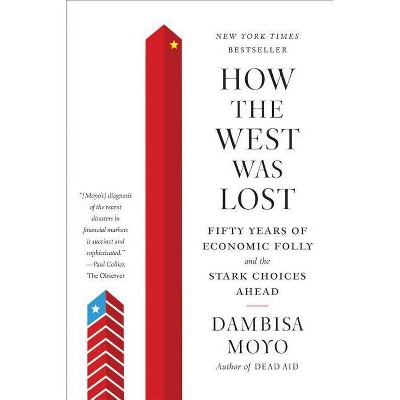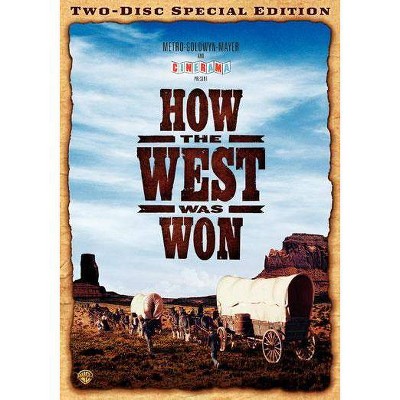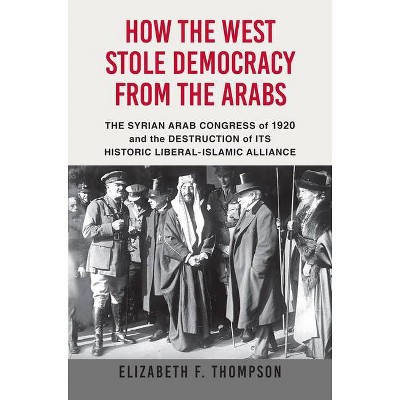How the Idea of Religious Toleration Came to the West - by Perez Zagorin (Paperback)
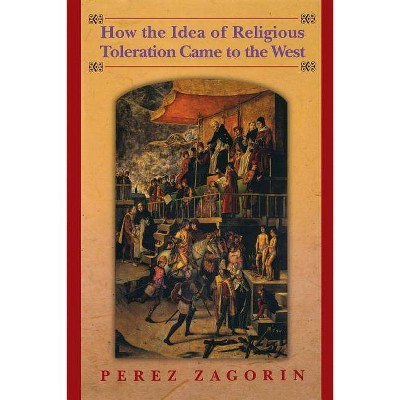
Similar Products
Products of same category from the store
AllProduct info
<p/><br></br><p><b> Book Synopsis </b></p></br></br><p>Religious intolerance, so terrible and deadly in its recent manifestations, is nothing new. In fact, until after the eighteenth century, Christianity was perhaps the most intolerant of all the great world religions. How Christian Europe and the West went from this extreme to their present universal belief in religious toleration is the momentous story fully told for the first time in this timely and important book by a leading historian of early modern Europe. <p/> Perez Zagorin takes readers to a time when both the Catholic Church and the main new Protestant denominations embraced a policy of endorsing religious persecution, coercing unity, and, with the state's help, mercilessly crushing dissent and heresy. This position had its roots in certain intellectual and religious traditions, which Zagorin traces before showing how out of the same traditions came the beginnings of pluralism in the West. Here we see how sixteenth- and seventeenth-century thinkers--writing from religious, theological, and philosophical perspectives--contributed far more than did political expediency or the growth of religious skepticism to advance the cause of toleration. Reading these thinkers--from Erasmus and Sir Thomas More to John Milton and John Locke, among others--Zagorin brings to light a common, if unexpected, thread: concern for the spiritual welfare of religion itself weighed more in the defense of toleration than did any secular or pragmatic arguments. His book--which ranges from England through the Netherlands, the post-1685 Huguenot Diaspora, and the American Colonies--also exposes a close connection between toleration and religious freedom. <p/> A far-reaching and incisive discussion of the major writers, thinkers, and controversies responsible for the emergence of religious tolerance in Western society--from the Enlightenment through the United Nations' Universal Declaration of Human Rights--this original and richly nuanced work constitutes an essential chapter in the intellectual history of the modern world.</p><p/><br></br><p><b> Review Quotes </b></p></br></br><br>One of Los Angeles Times Book Review's Twenty Best Books for 2003<br><br>Perez Zagorin, a scholar who specializes in the history of ideas, traces the checkered progress of permitting diversity of belief in his book. . . . At the end of the book, Dr. Zagorin expresses the hope that religious freedom may extend to the parts of the Islamic world and the remaining communist countries where it doesn't exist today.<b>---Darrell Turner, <i>National Catholic Reporter</i></b><br><br>This is an altogether excellent, readable, and comprehensive survey of the development of Christian intolerance in the post-Constantinian world and the gradual emancipation from the evil in the modern period.<b>---Robert L. Perkins, <i>Journal of Church and State</i></b><br><br>Zagorin's exposition of the ideas on toleration emerging in the west in the early modern period is richly illuminating.<b>---Kimberly A. Bresler, <i>Theology Today</i></b><br><br>A deeply scholarly but ultimately engaging argument for the origins of religious toleration in Western culture since the Enlightenment. Combining elements of theology, philosophy, history, and politics, this intellectual history is less focused on thinkers than on a singular ideal: how the concept of religious toleration and freedom was born.-- "Library Journal"<br><br>Americans who regard Islamic fundamentalists as peculiarly intolerant have much to learn from distinguished historian Zagorin. . . . A book to dispel complacency about a priceless liberty.-- "Booklist"<br><br>Ever since the Enlightenment, most Western governments have accepted religious toleration. In this superb intellectual history, noted early modern historian Zagorin traces the evolution of this concept from the first through the18th centuries; a brief conclusion carries the story to the present. . . . A well-written tract for our times.-- "Choice"<br><br>The best introduction to the ideas of religious freedom can be found in Zagorin's volume. . . . [It] is never dull and often exciting.<b>---James Q. Wilson, <i>Los Angeles Times Book Review</i></b><br><p/><br></br><p><b> About the Author </b></p></br></br><b>Perez Zagorin</b> (1920-2009) was Joseph C. Wilson Professor of History Emeritus at the University of Rochester and a Fellow of the Shannon Center for Advanced Studies at the University of Virginia and the American Academy of Arts and Sciences. He was the author of many books, including <i>Francis Bacon</i> and <i>Thucydides: An Introduction for the Common Reader</i> (both Princeton).
Price History
Cheapest price in the interval: 37.99 on October 27, 2021
Most expensive price in the interval: 37.99 on November 8, 2021
Price Archive shows prices from various stores, lets you see history and find the cheapest. There is no actual sale on the website. For all support, inquiry and suggestion messages communication@pricearchive.us

